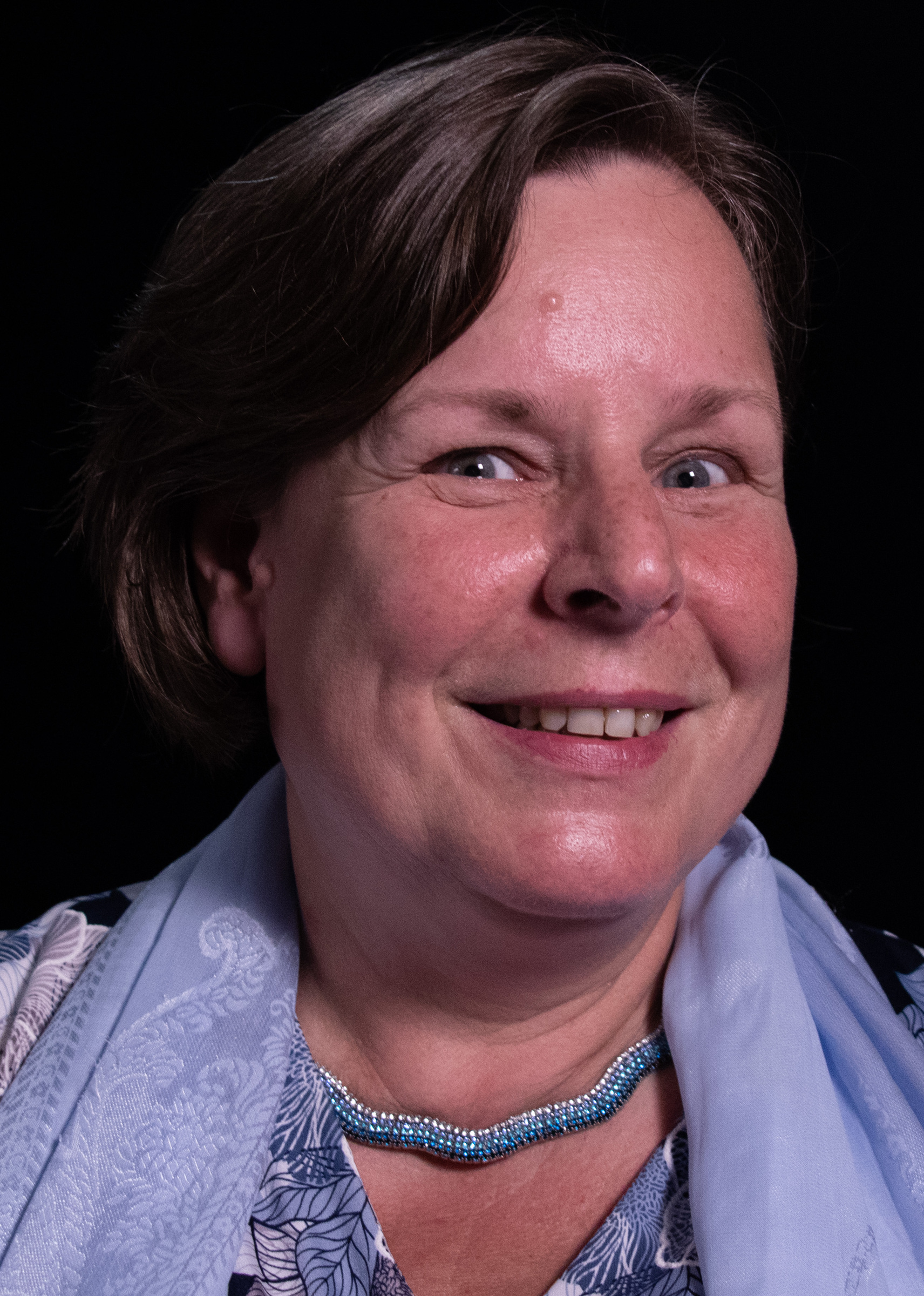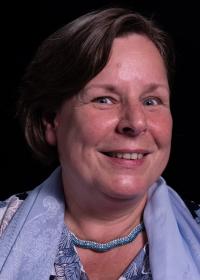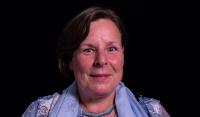I could listen or read in between the lines

Stáhnout obrázek
Olga Mandová was born on December 11, 1962, in Prague. Her father grew up in Slovakia and her mother, originally from a family of Volyhnia Czechs, lived from her childhood in Kyiv and moved to Czechoslovakia with her family after WWII. She grew up in a varied environment, linguistically and culturally. Often, as a little girl, she listened to stories told by her family’s visitors in Russian and Ukrainian. The dramatic stories of people she heard about formed the basis of her future anticommunist stance. She took interest in political situation as early as secondary school. Gradually she learned that it was possible to speak openly only in a close circle of friends, trustworthy people, else trouble awaited. She was careless a few times and only luck and resourcefulness saved her from being expelled from university. She graduated in 1987 of the Faculty of Arts, Charles University, specialising in history and Russian. She made a number of trips to the Soviet Union and, thanks to her friends in Munich, also to the West. Thus she acquired good knowledge about the current social and economic condition. She felt a need to disseminate the information on the true state of things. She continued in her university activities by copying literature which further spread by samizdat. She worked as a Russian teacher. At the moment, she engages in activities of the Ukrainian minority in the Czech Republic, she is the leader of St Vladimir Choir and works as a teacher.

